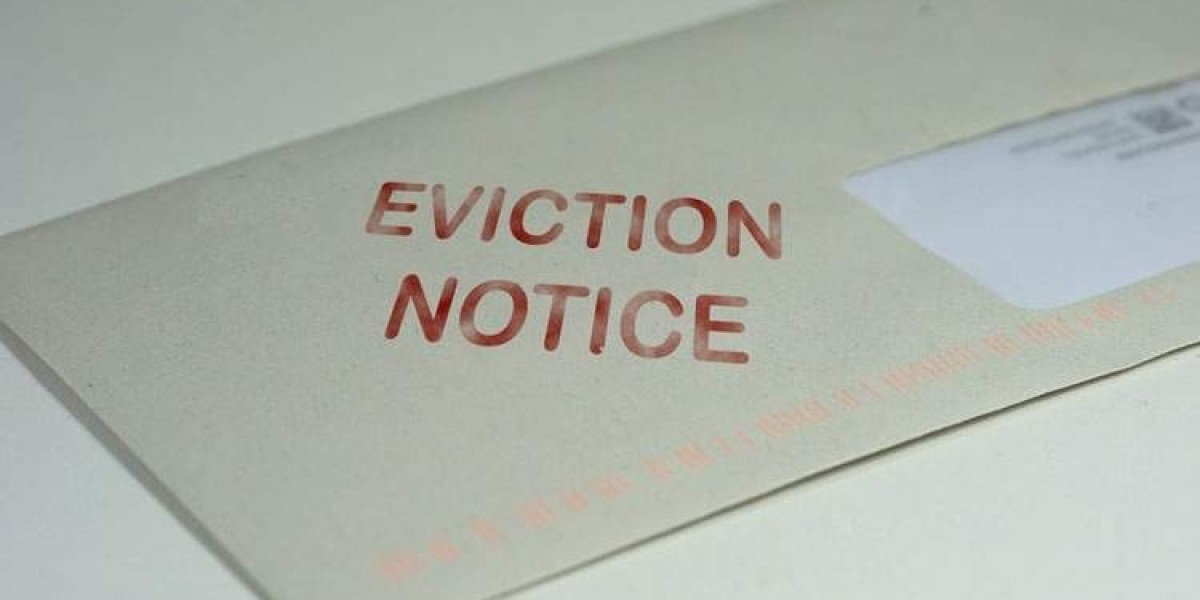Evicting a tenant in the UAE requires careful adherence to the legal framework to ensure that the process is smooth and compliant with local laws. This article outlines the essential legal steps and considerations landlords should take when evicting a tenant in the UAE.
1. Understanding the Legal Framework
The legal framework governing tenant eviction in the UAE is primarily based on Federal Law No. 26 of 2007 on the Regulation of the Relationship between Landlords and Tenants, along with the Real Estate Regulatory Agency (RERA) guidelines. Understanding these laws is crucial for landlords to execute a lawful eviction.
1.1. Key Terminology
- Landlord: The owner of the property who rents it out.
- Tenant: The individual or entity renting the property.
- Eviction: The legal process of removing a tenant from the property.
2. Valid Grounds for Eviction
Landlords must have legitimate reasons to evict a tenant. According to UAE law, valid grounds for eviction include:
- Non-payment of Rent: If the tenant fails to pay rent within a specified grace period.
- Breach of Lease Agreement: Violation of terms and conditions stipulated in the tenancy contract.
- Illegal Activities: Conducting illegal activities within the property.
- Property Damages: Causing significant damage to the property.
- Personal Use: The landlord wishes to occupy the property for personal use or for immediate family members.
2.1. Documentation of Grounds
Landlords should document any grounds for eviction thoroughly. This includes keeping records of rent payments, any notices given to the tenant regarding breaches, and evidence of illegal activities if applicable.
3. Sending a Notice of Eviction
Before proceeding with the eviction process, landlords are required to send a formal notice to the tenant. The notice should include:
- Reason for Eviction: A clear statement of the grounds for eviction.
- Timeframe for Compliance: A specified period within which the tenant must rectify the issue (for example, pay overdue rent).
- Consequences of Non-compliance: Inform the tenant that failure to comply may result in legal action.
3.1. Notice Period
- Non-payment of Rent: A grace period of 30 days is usually given.
- Breach of Contract: A notice period of 30 days is typically required unless the breach is severe.
3.2. Serving the Notice
The notice can be delivered through various means:
- Personal Delivery: Handing the notice directly to the tenant.
- Registered Mail: Sending it via registered mail to ensure delivery confirmation.
- Notary Public: Employing a notary public for legal verification of the notice.
4. Filing a Case with the Rental Dispute Settlement Centre
If the tenant fails to comply with the notice, the landlord may proceed to file a case with the Rental Dispute Settlement Centre (RDSC). This process involves:
- Completing Application Forms: Fill out the required forms for initiating a case.
- Gathering Documentation: Compile all relevant documentation, including the lease agreement, notice served, and evidence supporting the eviction grounds.
- Paying the Required Fees: There are specific fees associated with filing the case, which vary based on the rental value.
4.1. Court Hearings
Once the application is filed, the RDSC will schedule a hearing. Both parties will present their cases, and the court will issue a ruling based on the evidence provided.
5. Execution of Eviction Order
If the court rules in favor of the landlord, an eviction order will be issued. Landlords should understand the following steps:
5.1. Notification of the Eviction Order
The landlord must notify the tenant of the eviction order. This can be done through registered mail or by personal delivery.
5.2. Engaging the Police
If the tenant refuses to vacate the property after the eviction order, the landlord may need to involve law enforcement to carry out the eviction. The police will assist in ensuring the eviction is conducted lawfully.
6. Considerations for the Eviction Process
6.1. Legal Assistance
Given the complexities involved in eviction processes, landlords may consider hiring a legal expert specializing in property law in the UAE. Legal professionals can provide guidance, represent the landlord in court, and ensure compliance with all legal requirements.
6.2. Tenant's Rights
Landlords should be aware of tenants' rights throughout the eviction process. Tenants have the right to contest the eviction and present their case in court. Additionally, tenants should be treated fairly, and any eviction should be carried out without harassment or intimidation.
7. Avoiding Common Pitfalls
To ensure a smooth eviction process, landlords should avoid common mistakes:
- Skipping Notice: Always provide the required notice before filing for eviction.
- Ignoring Documentation: Maintain detailed records and evidence to support the eviction claim.
- Not Following Court Orders: Comply with all court decisions and orders related to the eviction process.
8. Conclusion
How to Evict a tenant in the UAE involves a structured legal process that requires adherence to specific laws and regulations. By understanding the legal framework, documenting valid grounds for eviction, serving notices appropriately, and following court procedures, landlords can effectively manage the eviction process. Seeking legal advice and being aware of tenant rights will further ensure that the process is fair and compliant, minimizing potential disputes.
Landlords must approach evictions with caution, ensuring they are informed and prepared to uphold their rights while respecting the rights of their tenants.










